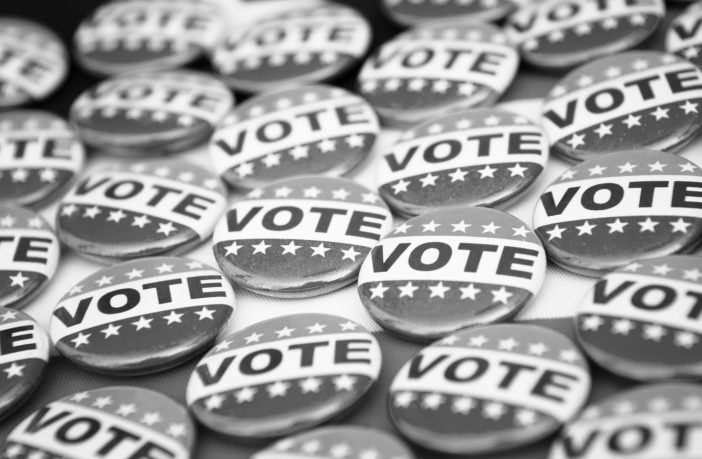Despite serving as a defining political issue in the 2016 general election, immigration has taken a back seat in 2020.
In the first two nationally televised presidential and vice-presidential debates, debate moderators Chris Wallace and Susan Page failed to ask a single question revolving around the political issue. Both Donald Trump and Mike Pence barely discussed, if at all, their immigration proposals and achievements. The same can be said about Joe Biden and Kamala Harris.
So why has immigration essentially been forgotten when it remains one of the most impactful political issues in the country today?
While there are no clear explanations, there are a few that should be brought to light.
The first explanation is related to the COVID-19 pandemic. Without a doubt, the COVID-19 pandemic has dominated the media cycle and the interests of the White House and Congress. The disease has taken the lives of more than 215,000 individuals in the country and infected more than 7.8 million—making it the most widespread epidemic in U.S. history. It has also led to an economic crisis not seen since the Great Depression that has displaced millions from work as coronavirus restrictions have closed down businesses and every-day life. With the disease significantly affecting the immediate health and financial statuses of hundreds of millions of Americans, the public policies surrounding COVID-19 have taken priority—as they should.
The COVID-19 pandemic has also led to a dramatic decline in travel and immigration to the United States—which may have convinced some Americans that the nation’s immigration concerns are now solved or not as pressing anymore. Currently, the U.S. has imposed a wide variety of immigration and border restrictions to mitigate the spread and negative effects of COVID-19. These include: Title 42, a border policy that allows for the immediate removal of illegal entrants; barring non-essential travel from Canada and Mexico; temporarily suspending foreign guest worker programs to protect the jobs and wages for unemployed Americans; and invoking authority under the Immigration and Nationality Act (INA) to suspend the entry of foreign nationals from China, Iran, and from the majority of Europe. All of these items have helped curb the historic year of apprehensions the southern border experienced in 2019 and prioritize the interests of Americans. However, these policies are not long-term solutions and can only be seen as temporary solutions that were put in place during a crisis situation.
A third explanation is that both campaigns understand that with gridlock in Washington and hyper-partisanship, there are few undecided voters to persuade when it comes to immigration policy. In fact, research reveals that voters are most likely to favor immigration policies based on which party offers the policy—and not on the effectiveness or practicality of them. So, it is not unreasonable to assume that both parties feel that there are not many minds to change, and therefore have little reason to bother them.
But is leaving out immigration, in arguably one of the most important elections in U.S. history, an effective strategy by both political campaigns and debate moderators? Probably not.
Many Americans are still concerned about the nation’s immigration policies and seek major reform amidst the COVID-19 pandemic. With the country reeling from COVID-19, Americans do not want foreign workers taking limited job opportunities and depressing job wages. Americans want to ensure that the nation’s limited funding and resources aren’t going to those here illegally. They also want to ensure that immigrants aren’t coming into the country entering without proper health screening.
And isn’t limited to COVID-19—Americans are still concerned about immigration beyond the pandemic. There are still major long-term decisions to be made on Deferred Action for Childhood Arrivals (DACA), foreign guest worker programs, southern border security, and sanctuary jurisdictions. All of these items can affect public safety, economic conditions, and the overall lives of Americans even if they do not live directly on the southern border.
With the election occurring in less than month, it may be wise for both campaigns to give American voters a clear picture of what their immigration policies would look like.




